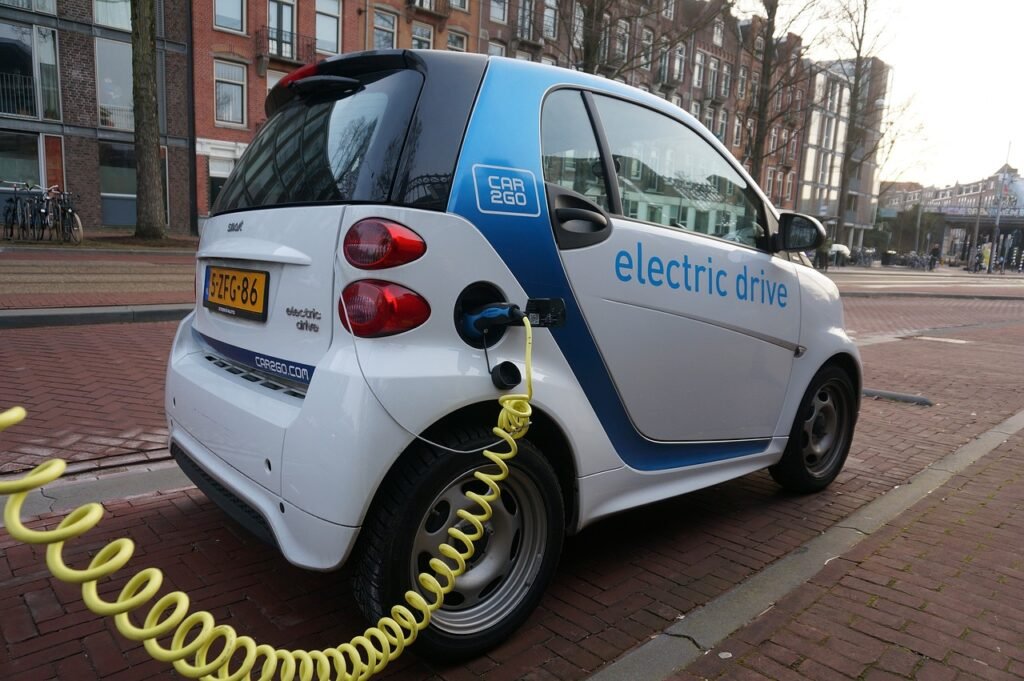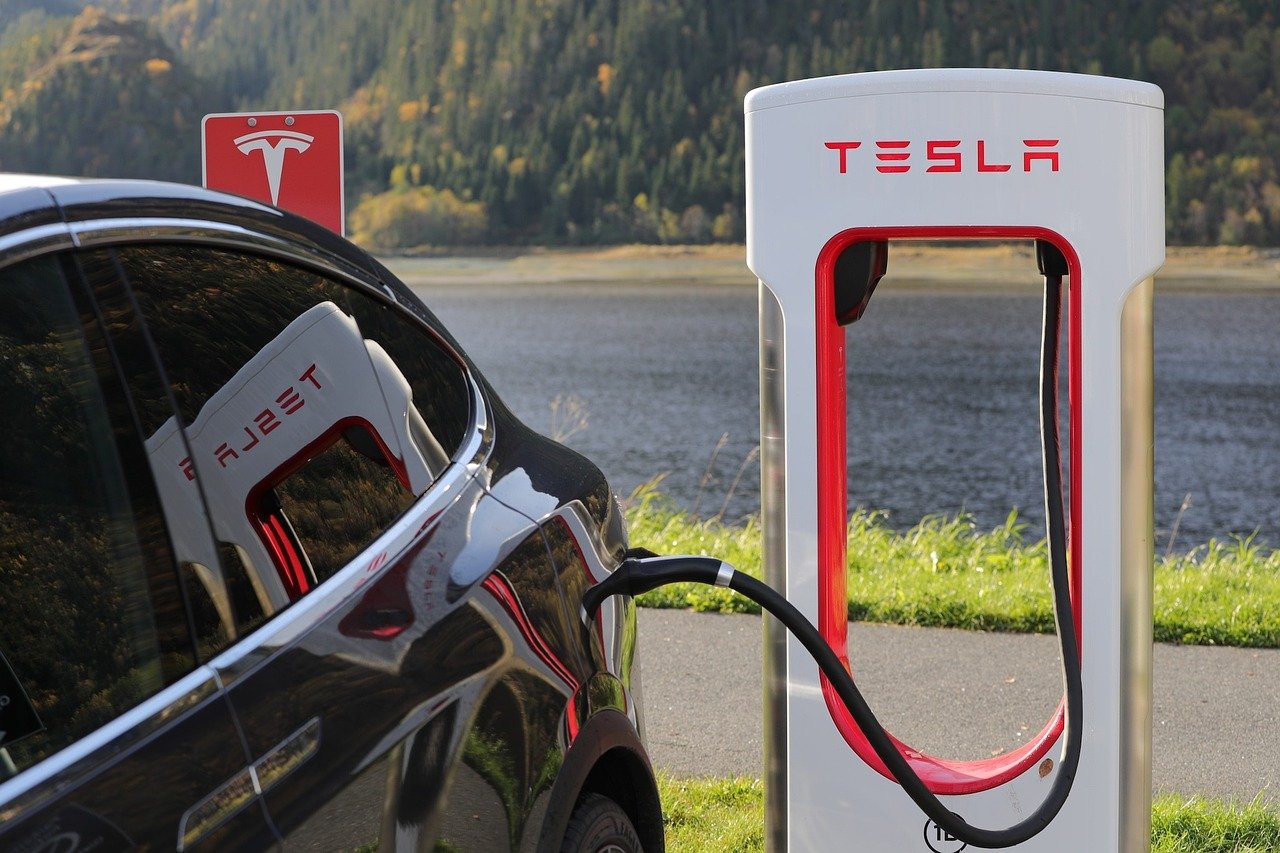Imagine driving a sleek, eco-friendly electric vehicle that not only helps preserve the planet, but also saves you a significant amount of money. You may have heard about government incentives for electric vehicles, but how exactly do they work? In this article, we will explore the ins and outs of these incentives, uncovering the benefits they offer and shedding light on the mechanisms that make them possible. By understanding how government incentives for electric vehicles work, you can make an informed decision about whether to hop on the green transportation bandwagon. So, buckle up and let’s dive into the world of electric vehicle incentives!
Government Incentives for Electric Vehicles
If you’re considering purchasing an electric vehicle (EV) or already own one, you may want to take advantage of the various incentives offered by the government. These incentives can provide financial benefits and special privileges that make owning an EV even more appealing. Let’s explore some of the major government incentives for electric vehicles:
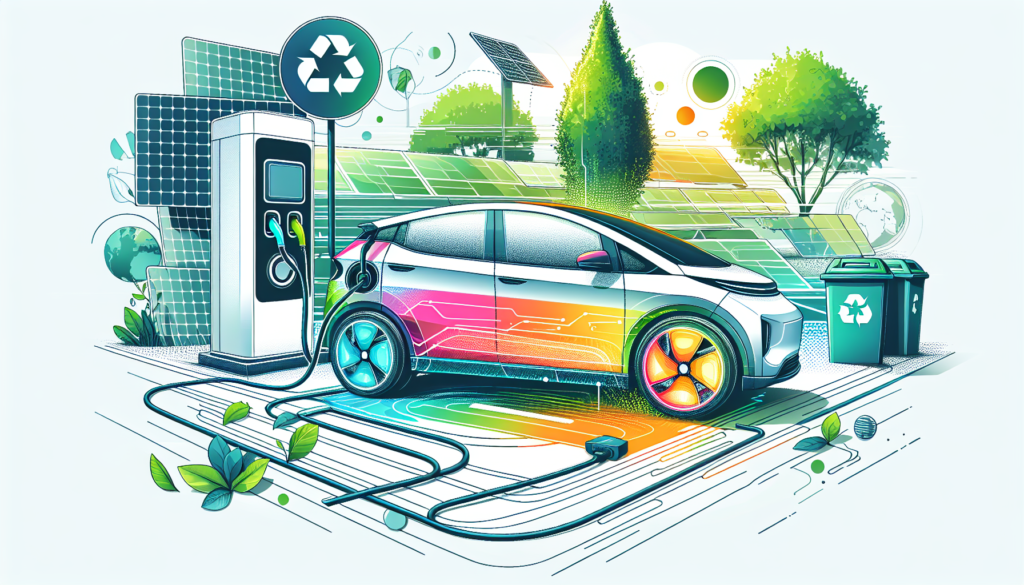
Tax Credits and Rebates
One of the most well-known incentives for EVs is the tax credits and rebates offered by governments. These incentives aim to encourage individuals to switch to electric vehicles and reduce their carbon footprint. Depending on your country or region, you may be eligible for federal, state, or local tax credits or rebates. These incentives can significantly reduce the cost of purchasing an electric vehicle, making it a more affordable option for many individuals.
Purchase Grants
In addition to tax credits and rebates, some governments also provide purchase grants specifically for electric vehicles. These grants are typically offered by the national or regional governments and are designed to further incentivize individuals to buy EVs. The grants can vary in amount but can be substantial, making electric vehicles more accessible to a wider range of consumers.
Road Tax Exemptions
If you’re concerned about the ongoing costs of owning an electric vehicle, you’ll be pleased to know that many governments offer road tax exemptions for EV owners. These exemptions can provide significant savings over time, as traditional gasoline-powered vehicles typically incur higher road tax fees. With an electric vehicle, you can enjoy the benefits of reduced emissions and a lower environmental impact while also saving on road tax expenses.
Income Tax Benefits
While tax credits and rebates are most commonly associated with the initial purchase of an electric vehicle, there may also be income tax benefits available to EV owners. These benefits can vary depending on your jurisdiction, but they often include deductions or credits related to the costs of charging infrastructure, home charging stations, and other expenses associated with owning and operating an electric vehicle. Consult with a tax professional to understand the specific income tax benefits available to you.
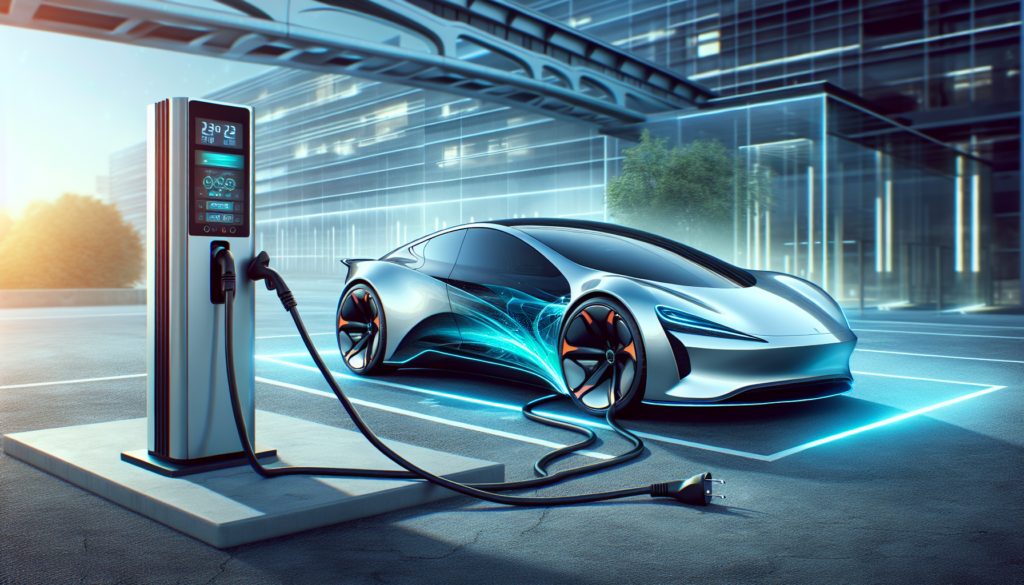
Sales Tax Exemptions
Purchasing a vehicle typically involves paying sales tax, which can be a significant expense. However, some governments provide sales tax exemptions for electric vehicle purchases. This exemption can result in substantial savings, further reducing the overall cost of owning an electric vehicle. Be sure to check with your local or state authorities to determine if a sales tax exemption is available to you when purchasing an electric vehicle.
Special Registration Discounts and Waivers
In addition to tax benefits, some governments offer special registration discounts or even waivers for electric vehicle owners. These discounts or waivers can significantly reduce the administrative costs associated with registering and renewing the registration of your electric vehicle. By providing these incentives, governments aim to encourage more individuals to adopt electric vehicles and contribute to reducing greenhouse gas emissions.

Discounted Charging Rates
When it comes to charging your electric vehicle, you’ll be pleased to know that some governments are also taking steps to provide discounted charging rates. These reduced rates can apply to public charging stations or even your home charging setup, making it more affordable and convenient to power up your electric vehicle. By promoting affordable charging options, governments hope to encourage EV adoption and increase the accessibility of charging infrastructure.
Parking Benefits
Another perk of owning an electric vehicle is the potential for parking benefits. Some governments offer preferential parking spaces or discounted parking rates for EV owners. These incentives make finding parking easier and can save you money, particularly in busy urban areas where parking can be scarce and expensive. Plus, by designating specific parking spaces for electric vehicles, governments are striving to enhance accessibility and convenience for EV owners.
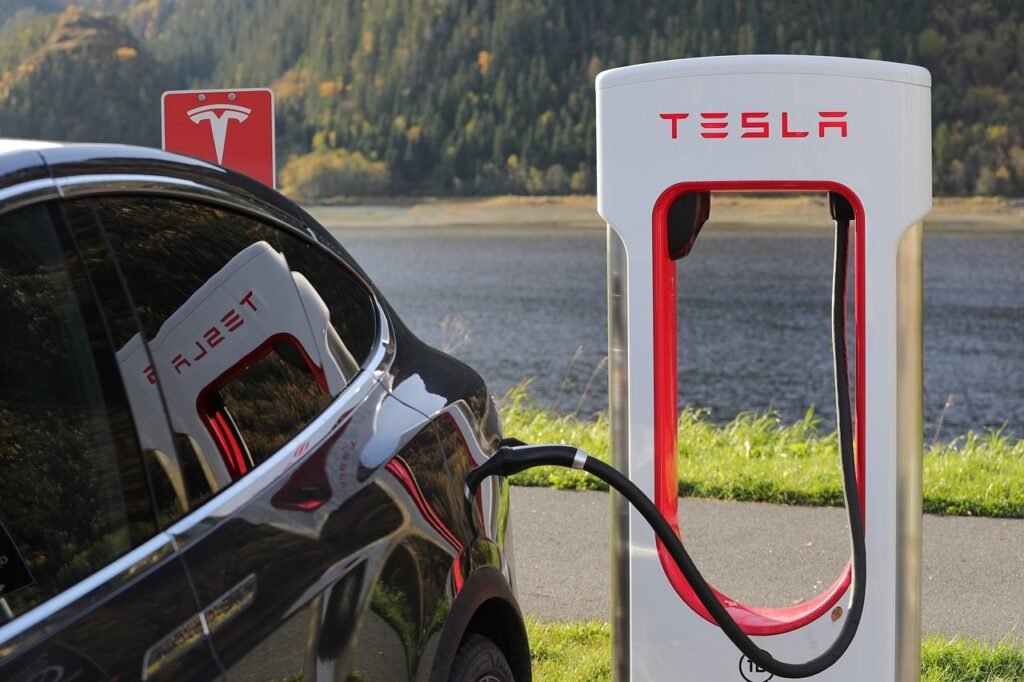
HOV Lane Access
In many regions, electric vehicle owners can also enjoy the privilege of using high-occupancy vehicle (HOV) lanes, even with a single occupant. HOV lanes are typically reserved for vehicles with multiple occupants, but electric vehicles are often granted an exemption. This allows EV owners to bypass traffic congestion and enjoy a smoother and more efficient commute. The HOV lane access incentive not only saves time but also promotes the adoption of electric vehicles as a sustainable transportation solution.
Infrastructure Support
Lastly, governments recognize the importance of building and expanding the necessary infrastructure to support electric vehicles. Many regions offer funding programs and grants to support the development of charging networks, whether it’s establishing new charging stations or upgrading existing infrastructure. By investing in a robust charging network, governments are working towards eliminating range anxiety and improving the overall user experience for electric vehicle owners.
In conclusion, government incentives for electric vehicles play a crucial role in promoting the adoption of sustainable transportation alternatives. By offering tax credits, grants, exemptions, and various other benefits, governments aim to make electric vehicles more affordable and accessible to a wider audience. Take advantage of these incentives and make the switch to an electric vehicle to enjoy financial savings, environmental benefits, and the convenience and privileges that come with owning an EV.
